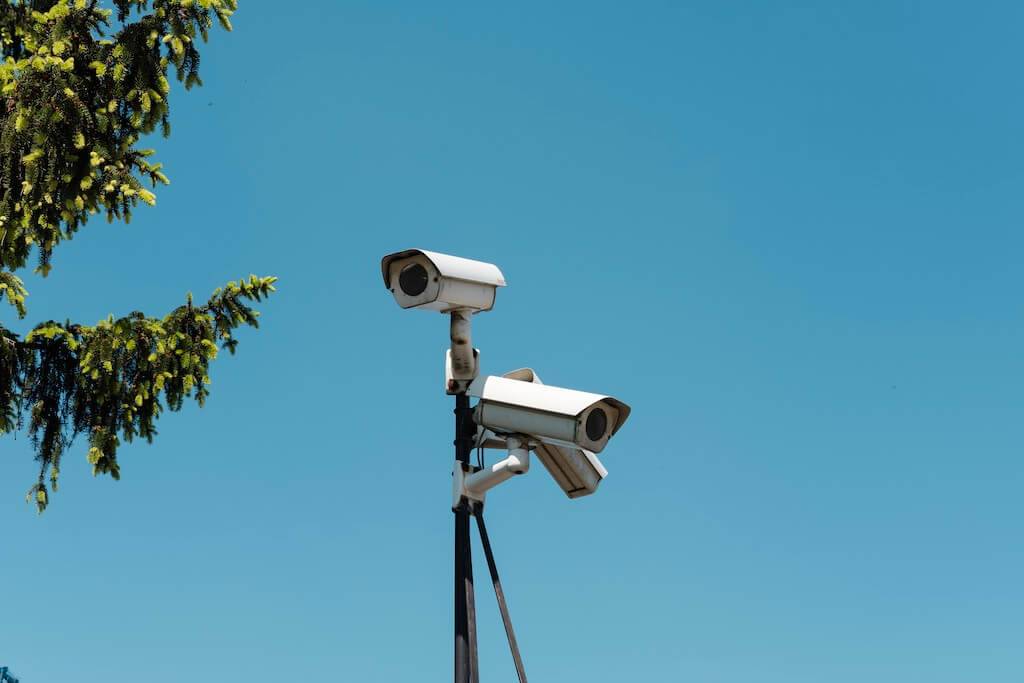Discover the benefits of offline security cameras. Enhanced privacy, reliability, and improved security measures. Operate independently for effective surveillance.
In today’s rapidly advancing digital age, where internet connectivity is a common necessity, it may seem counterintuitive to consider the benefits of offline security cameras. However, offline security cameras have emerged as a viable alternative for those seeking robust surveillance systems that are not reliant on internet connections. These offline cameras offer a range of advantages, such as enhanced privacy, increased reliability, and improved security measures. By operating independently from the internet, offline security cameras provide a compelling solution for individuals and organizations seeking to safeguard their premises in a highly effective manner.
Advantages of Offline Security Cameras
Enhanced Privacy and Data Security
In today’s digital age, privacy and data security are of utmost importance. Offline security cameras offer enhanced privacy and data security compared to their online counterparts. With offline cameras, there is no transmission of footage over the internet, which means there is no risk of data breaches or unauthorized access. This offers peace of mind to both individuals and businesses, knowing that their surveillance footage is secure and cannot be infiltrated by hackers or cybercriminals.
Reliable Surveillance in Remote Locations
One of the major advantages of offline security cameras is their ability to provide reliable surveillance in remote locations. Whether it’s a rural area with limited internet coverage or an off-grid installation, offline cameras can monitor these areas effectively. They do not rely on an internet connection, making them ideal for monitoring offline areas where traditional security cameras would not be feasible. This makes them particularly useful for outdoor surveillance, construction sites, or even remote vacation homes.
No Dependence on Internet Access
Offline security cameras are designed to operate without any dependence on internet access. This is particularly advantageous for areas with limited or no internet coverage. With offline cameras, you have the flexibility to install them anywhere, without the need for network setup or configuration. This eliminates the constraints imposed by internet availability, allowing you to set up surveillance in remote locations or areas where internet coverage is sporadic.
Reduced Risk of Hacking and Cyber Attacks
One of the significant concerns with online security cameras is the risk of hacking and cyber attacks. However, with offline security cameras, this risk is significantly reduced. Offline cameras eliminate the possibility of remote unauthorized access, providing robust protection against network intrusions. Additionally, the footage captured by offline cameras is stored securely, without being transmitted over the internet. This ensures that your surveillance footage is safe and cannot be intercepted by malicious entities.
Unaffected by Internet Service Outages
Internet service outages are not uncommon, and they can leave your online security cameras vulnerable and ineffective. However, offline security cameras are unaffected by such outages. They continue to function seamlessly, providing continuous monitoring even during internet service disruptions. This ensures that your surveillance activities are not interrupted, and there is no downtime in your security system, regardless of the state of your internet connection.
Lower Costs and Simplified Installation
Offline security cameras offer a cost-effective solution compared to their online counterparts. With offline cameras, there is no need for an internet subscription or data plans, eliminating the associated costs. Additionally, offline cameras require less complex wiring and setup, reducing installation expenses. Furthermore, there is no need for additional equipment typically required for online cameras, such as network switches or routers. This simplifies the installation process and significantly lowers the overall cost.
Less Bandwidth Consumption
Unlike online security cameras, offline cameras do not rely on video streaming or cloud uploads. This significantly reduces their bandwidth consumption. By eliminating the need for constant video transmission over the internet, offline cameras improve network performance and have minimal impact on bandwidth capacity. This is particularly beneficial in scenarios where bandwidth resources are limited or need to be optimized for other critical applications.
Greater Control and Flexibility
Offline security cameras offer greater control and flexibility compared to online cameras. With offline cameras, you have direct access to surveillance footage, eliminating any potential delays or restrictions imposed by internet connectivity. Additionally, offline cameras allow for customizable storage locations, giving you the flexibility to choose where your footage is saved. Furthermore, offline cameras can be easily integrated with existing security systems, providing seamless surveillance capabilities without disrupting your current infrastructure.
No Monthly Subscription Fees
Unlike many online security camera systems that come with monthly subscription fees, offline security cameras do not require any recurring costs. Once installed, offline cameras operate independently, without the need for data plans or cloud storage services. This not only saves you money in the long run but also eliminates the hassle of managing monthly subscriptions and potential price increases.
No Data Limitations
Offline security cameras offer unlimited captured footage, without any data limitations. With online cameras, there may be restrictions on the amount of data you can store or transmit over the internet, often resulting in the need for expensive cloud storage plans. However, with offline cameras, there is no need for cloud storage services or worrying about exceeding monthly data caps. This allows you to maintain a comprehensive surveillance archive without any limitations.
In conclusion, offline security cameras provide numerous advantages over their online counterparts. They offer enhanced privacy and data security, reliable surveillance in remote locations, and operate independently without any dependence on internet access. Offline cameras reduce the risk of hacking and cyber attacks, remain unaffected by internet service outages, and provide cost-saving benefits with simplified installation. They consume less bandwidth, offer greater control and flexibility, and eliminate monthly subscription fees and data limitations. Overall, investing in offline security cameras provides a robust and reliable surveillance solution while ensuring the privacy and security of your footage.


